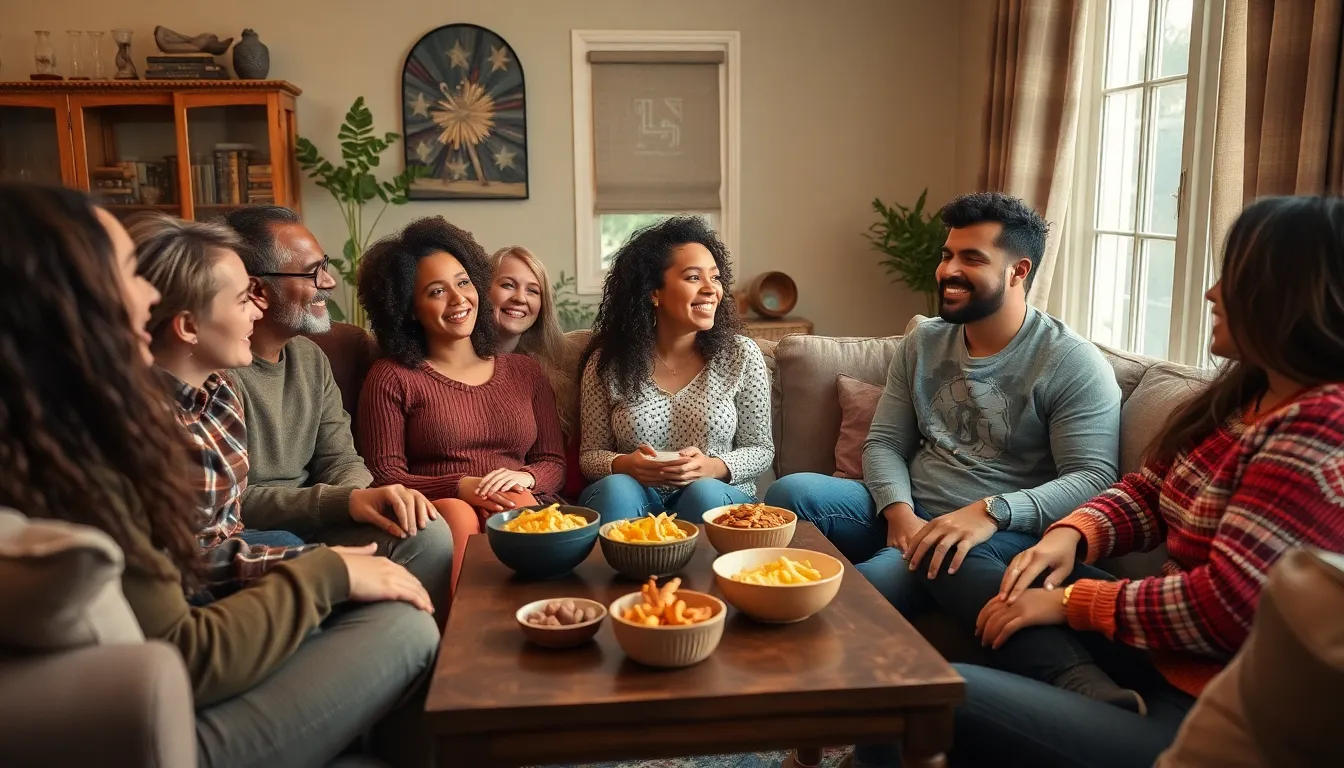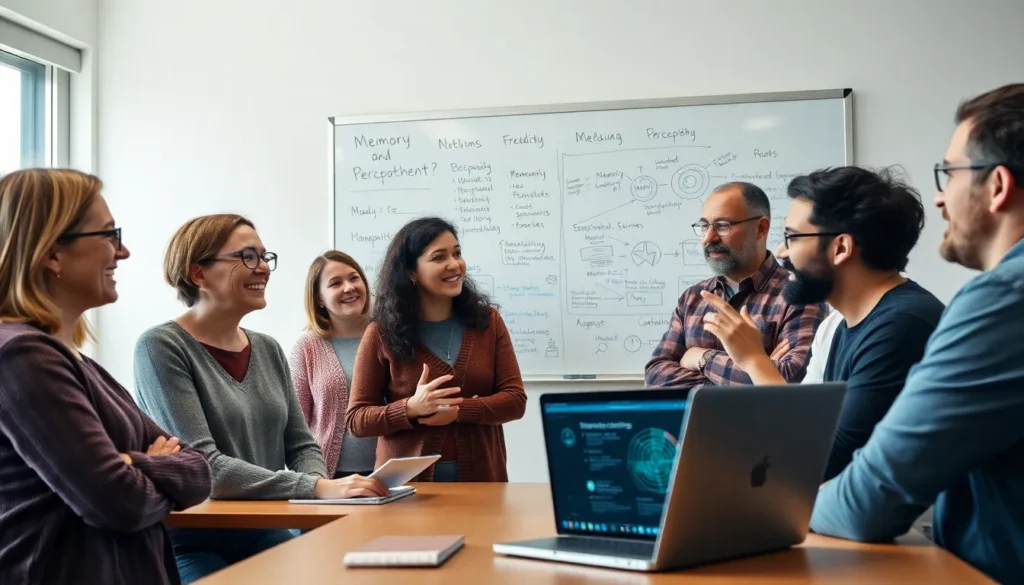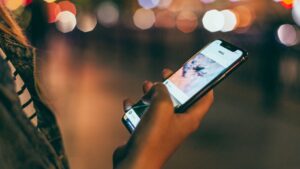In the quirky world of psychology, the Zeebo Effect shines as a fascinating phenomenon that’s both mind-boggling and a little amusing. Imagine a scenario where your brain decides to play tricks on you, convincing you that you remember something vividly, even when it’s just a figment of your imagination. That’s the Zeebo Effect in action—where perception and reality often collide in the most entertaining ways.
Table of Contents
ToggleUnderstanding the Zeebo Effect
The Zeebo Effect demonstrates an intriguing psychological phenomenon where individuals often recall events that never actually occurred. This cognitive distortion highlights the complex relationship between perception and memory.
Definition of the Zeebo Effect
The Zeebo Effect refers to the tendency for people to confidently remember details that are inaccurately attributed to real experiences. Many consider this phenomenon a fascinating example of memory’s malleability. Individuals might recount events with vivid details despite these occurrences being nonexistent. Various studies illustrate this, revealing how imagination can fill gaps in memory, leading to false recollections.
Historical Background
Historically, this effect aligns with research in cognitive psychology that explores memory inaccuracies. The term emerged from specific experiments conducted in the late 20th century. Researchers like Elizabeth Loftus contributed significantly, illustrating how misinformation impacts memory recall. These pivotal studies laid the groundwork for further exploration of the Zeebo Effect, emphasizing its relevance within psychological narratives.
Key Components of the Zeebo Effect

Understanding the Zeebo Effect involves examining both its psychological aspects and its social implications. Each component plays a vital role in how individuals perceive and recount events.
Psychological Aspects
Cognitive distortion forms the foundation of the Zeebo Effect. Memory can bend and distort, leading individuals to confidently recall invented events. These recollections often contain vivid details, making them feel real. Research shows that suggestion and misinformation significantly alter how memories are formed. Such alterations reveal the complexities of human cognition. Additionally, emotional connections to events can further reinforce false memories, making them seem credible. When individuals reflect on their past, they may unknowingly fuse real experiences with fictional elements. This phenomenon showcases memory’s malleability as perceptions shift over time.
Social Implications
The Zeebo Effect extends beyond individual cognition, impacting social interactions and communication. Group dynamics can influence how memories are shared and accepted. Shared false memories among friends or peers can create a false consensus, leading to collective misremembering. Social media plays a crucial role in this context, as information spreads rapidly, often distorting perceptions of events. These dynamics can foster misinformation, affecting how communities recall significant occurrences. Trust in collective memories may wane if discrepancies arise. Ultimately, the Zeebo Effect underscores the importance of critical thinking when evaluating personal and communal narratives.
Applications of the Zeebo Effect
The Zeebo Effect finds relevance across various fields, particularly in education and marketing.
In Education
Education professionals recognize the Zeebo Effect’s potential in shaping learning experiences. Students often misremember class discussions or material, confidently asserting inaccurate details. When teachers incorporate practices that heighten emotional engagement, they inadvertently increase the likelihood of false memories. Utilizing storytelling techniques can enhance information retention, yet it may also lead to the generation of imagined events. Understanding this phenomenon allows educators to address misconceptions, promoting critical thinking. By focusing on accuracy, they can guide learners in discerning real memories from fabricated ones.
In Marketing
In marketing, the Zeebo Effect plays a significant role in brand perception. Consumers often recall product experiences that never occurred, which can influence purchasing decisions. Advertising strategies that evoke emotions may reinforce these false memories, creating a false narrative of brand interaction. Brands that successfully engage consumers through immersive storytelling can shape how they remember their experiences with products. Marketers leverage the power of suggestion to create positive associations, ultimately driving consumer loyalty. Recognizing the implications of the Zeebo Effect enables businesses to cultivate deeper connections with their target audience.
Critiques and Controversies
Discourse surrounding the Zeebo Effect often highlights various critiques and controversies. Critics argue that certain studies may oversimplify memory processes, failing to account for the complex nature of human recollection.
Controversial Studies
Several studies have produced mixed results when examining the Zeebo Effect. Some researchers challenge the reliability of the findings, suggesting that sample sizes may be too small or not adequately diverse. Additionally, concerns exist regarding methodology, with some experiments failing to mimic real-life scenarios. Critics point out that overly controlled environments might not accurately reflect how humans recall past events. This discrepancy raises questions about the general applicability of the results to broader contexts.
Alternative Perspectives
Alternative perspectives on the Zeebo Effect emerge from interdisciplinary analysis. Some psychologists advocate for a nuanced view of memory, emphasizing the role of context in memory formation. Others suggest that cultural factors significantly influence how individuals perceive and share memories. Understanding these different viewpoints enriches the conversation, providing a deeper understanding of the Zeebo Effect. This breadth facilitates exploration of cognitive processes beyond the traditional parameters set by earlier studies.
The Zeebo Effect reveals fascinating insights into the nature of memory and perception. It challenges the notion of reliable recollection by illustrating how easily the mind can fabricate vivid yet false memories. This phenomenon not only affects individual experiences but also shapes social interactions and collective narratives.
Recognizing the implications of the Zeebo Effect is crucial for educators and marketers alike. By understanding how emotions and suggestions influence memory, they can better navigate the complexities of communication and learning. As research continues to evolve, the dialogue surrounding the Zeebo Effect will undoubtedly deepen, offering richer perspectives on cognitive processes.





